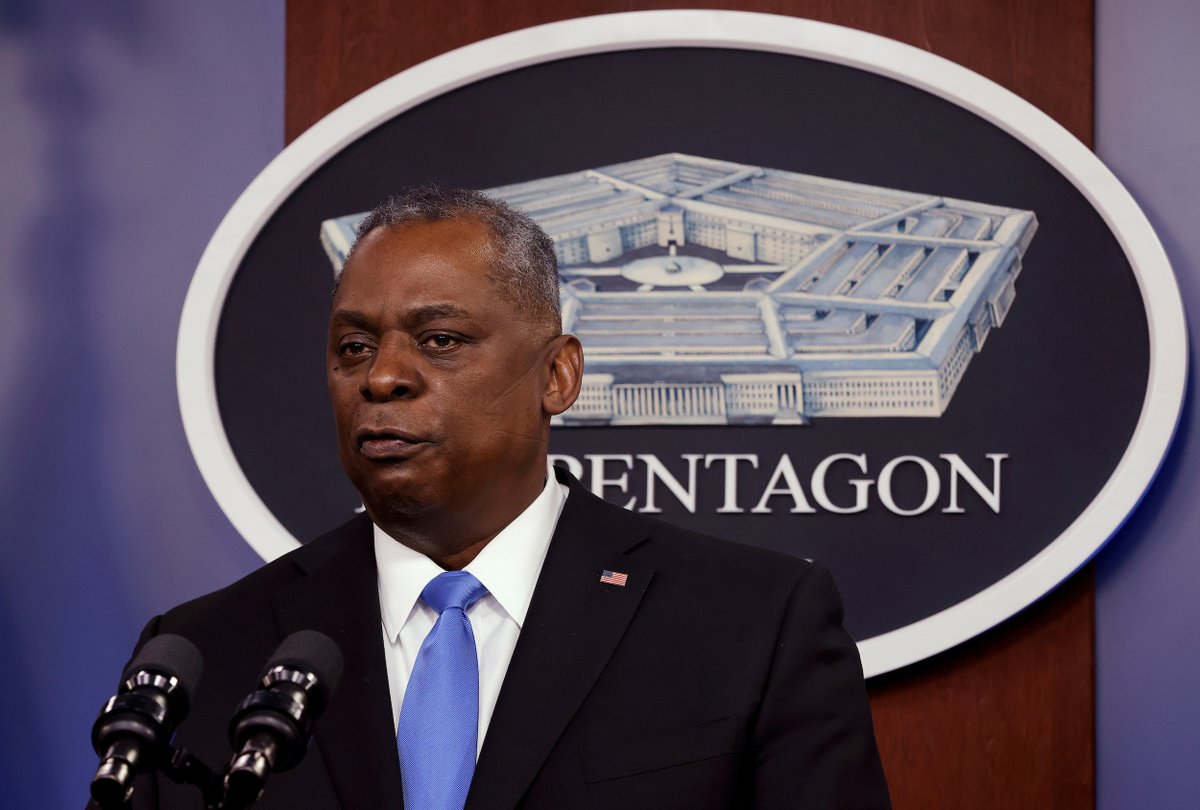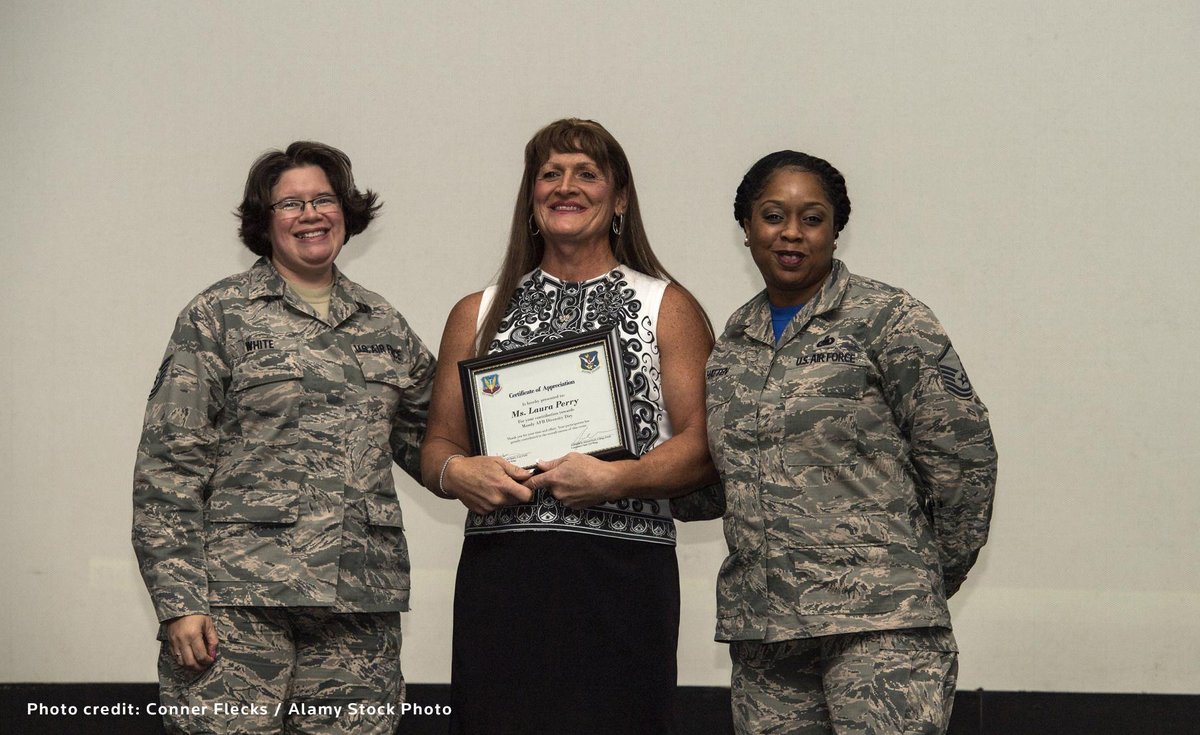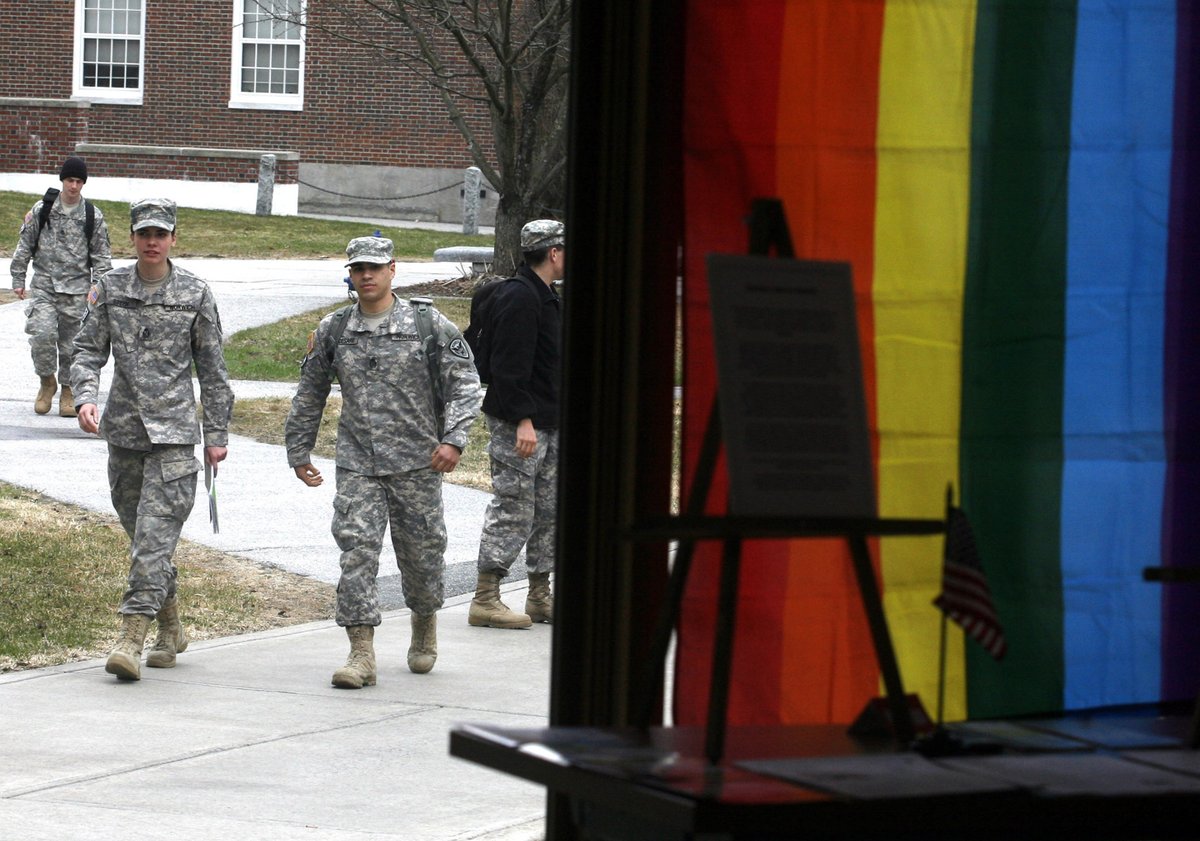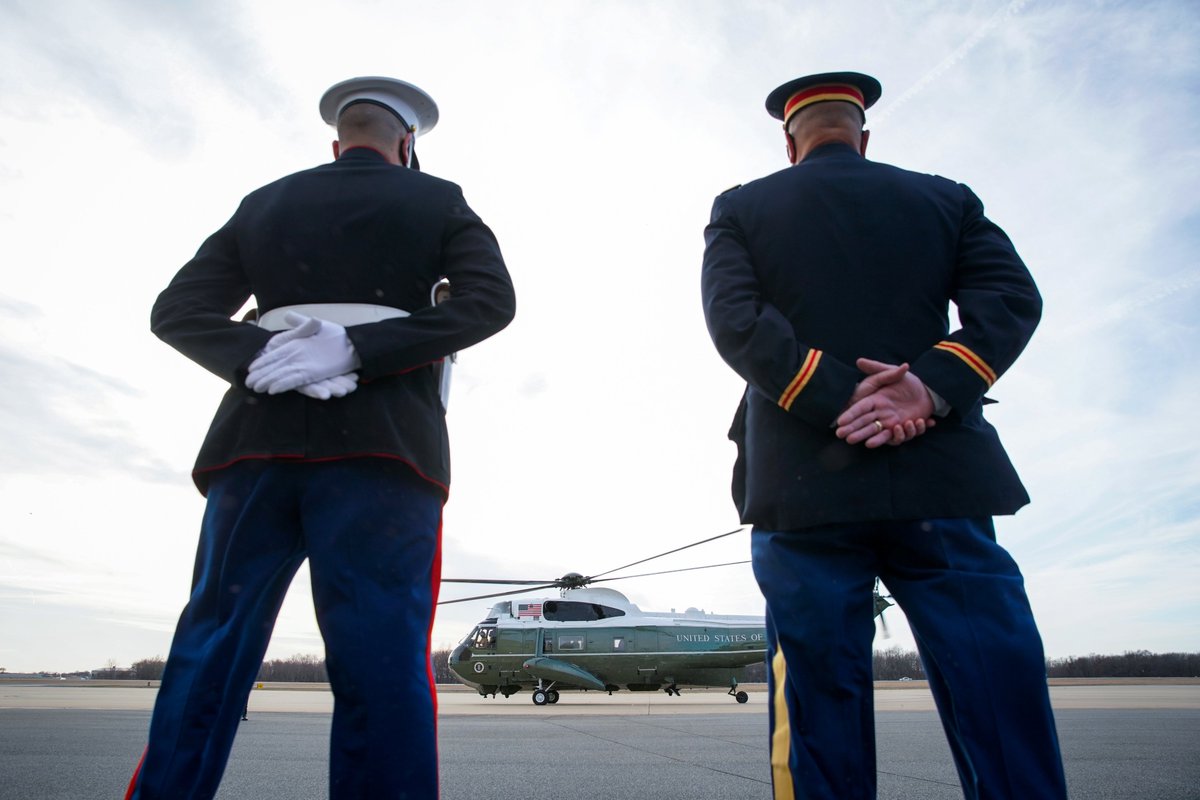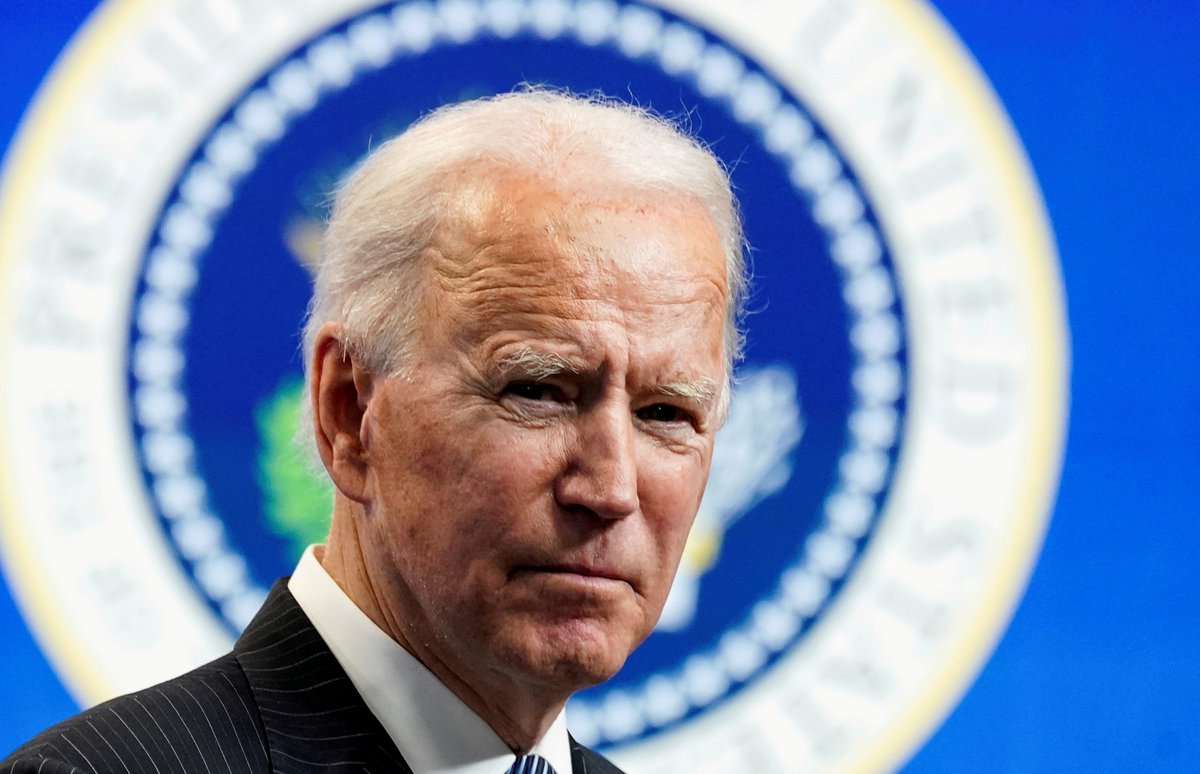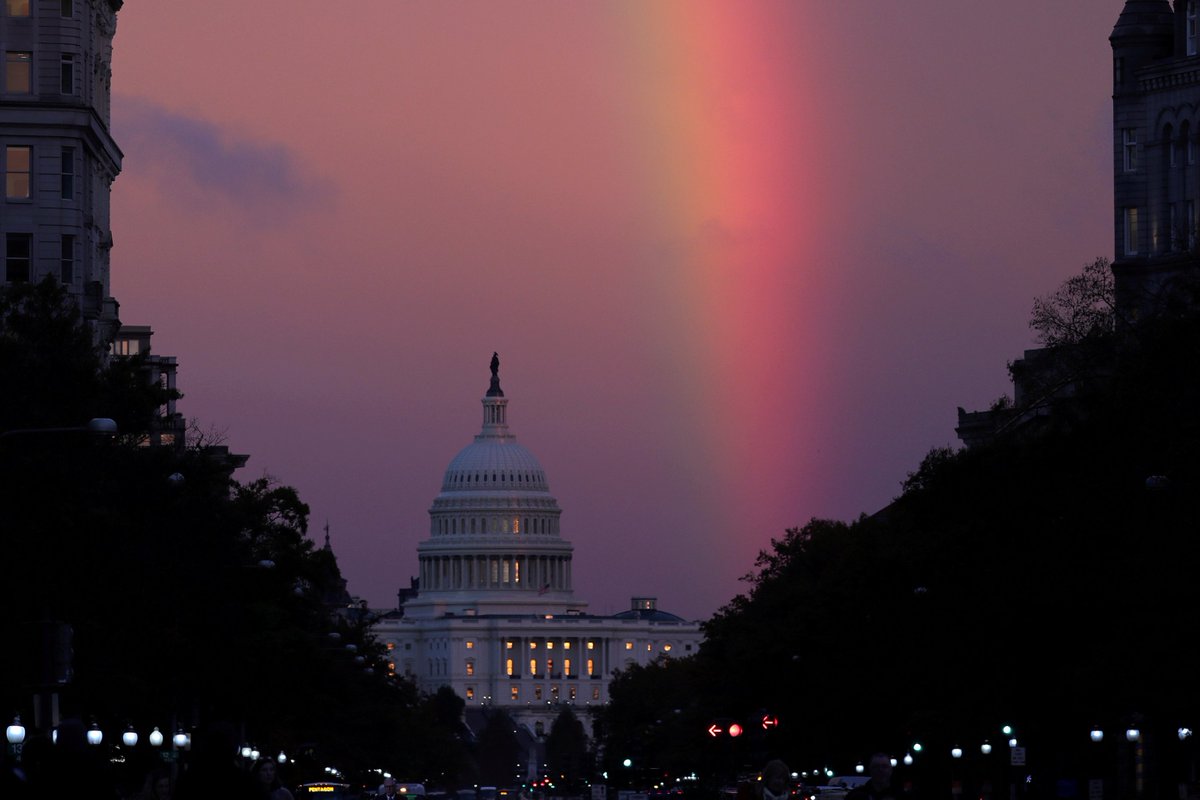The ban on new trans personnel joining the US  https://abs.twimg.com/emoji/v2/... draggable="false" alt="🇺🇸" title="Flagge der Vereinigten Staaten" aria-label="Emoji: Flagge der Vereinigten Staaten"> military ended today.
https://abs.twimg.com/emoji/v2/... draggable="false" alt="🇺🇸" title="Flagge der Vereinigten Staaten" aria-label="Emoji: Flagge der Vereinigten Staaten"> military ended today.
While it was put in place by President Trump, it wasn& #39;t the first of its kind. The ban on trans participation in the military has a complex history in the US.
Here& #39;s what you should know https://abs.twimg.com/emoji/v2/... draggable="false" alt="🧵" title="Thread" aria-label="Emoji: Thread">
https://abs.twimg.com/emoji/v2/... draggable="false" alt="🧵" title="Thread" aria-label="Emoji: Thread">
While it was put in place by President Trump, it wasn& #39;t the first of its kind. The ban on trans participation in the military has a complex history in the US.
Here& #39;s what you should know
In 1963, trans people were officially prohibited from the US military – medical experts at the time deemed trans people’s mental state to be "unfit" for service
Fast-forward to 2016 and the @BarackObama administration repealed the ban, allowing trans people to join the US military
Just one year later, President Donald Trump tweeted it would be reinstated – citing the "medical costs and disruption” of trans personnel
So what were the actual costs? Let& #39;s have a look  https://abs.twimg.com/emoji/v2/... draggable="false" alt="👇" title="Rückhand Zeigefinger nach unten" aria-label="Emoji: Rückhand Zeigefinger nach unten">
https://abs.twimg.com/emoji/v2/... draggable="false" alt="👇" title="Rückhand Zeigefinger nach unten" aria-label="Emoji: Rückhand Zeigefinger nach unten">
First, some background:
 https://abs.twimg.com/emoji/v2/... draggable="false" alt="🪖" title="Military helmet" aria-label="Emoji: Military helmet"> ~1,300,000: Number of active personnel serving in the US military
https://abs.twimg.com/emoji/v2/... draggable="false" alt="🪖" title="Military helmet" aria-label="Emoji: Military helmet"> ~1,300,000: Number of active personnel serving in the US military
 https://abs.twimg.com/emoji/v2/... draggable="false" alt="🏳️⚧️" title="Transgender-Flagge" aria-label="Emoji: Transgender-Flagge"> ~14,700: Trans personnel in active service & reserves
https://abs.twimg.com/emoji/v2/... draggable="false" alt="🏳️⚧️" title="Transgender-Flagge" aria-label="Emoji: Transgender-Flagge"> ~14,700: Trans personnel in active service & reserves
 https://abs.twimg.com/emoji/v2/... draggable="false" alt="🏥" title="Krankenhaus" aria-label="Emoji: Krankenhaus"> ~2,200: Personnel who may be seeking or have had transition-related medical care
https://abs.twimg.com/emoji/v2/... draggable="false" alt="🏥" title="Krankenhaus" aria-label="Emoji: Krankenhaus"> ~2,200: Personnel who may be seeking or have had transition-related medical care
Sources: @ThePalmCenter, @DeptofDefense
Sources: @ThePalmCenter, @DeptofDefense
In 2019, the @DeptofDefense estimated costs of transition-related care at about $3m per year over three years for service members – less than 0.0001% of the DoD’s annual healthcare budget
The US @DeptVetAffairs estimates the annual cost of comprehensive medical care and transition costs for trans veterans, if they were to provide this, would be around $6m per year over a three-year period – less than 0.01% of their annual healthcare budget
What impact did the ban have on the US military overall?
A report by @ThePalmCenter, a non-partisan LGBT+ military policy research institute, examined the impact.
They claimed it affected military readiness by diminishing the country’s ability to fight and win wars
A report by @ThePalmCenter, a non-partisan LGBT+ military policy research institute, examined the impact.
They claimed it affected military readiness by diminishing the country’s ability to fight and win wars
According to the authors, the ban "compromised recruitment, reputation, retention, morale, medical care, and good order"
Last year, we talked with @nic_talbott, a trans man who had dreamt of enlisting in the army since he was a teenager  https://abs.twimg.com/emoji/v2/... draggable="false" alt="👇" title="Rückhand Zeigefinger nach unten" aria-label="Emoji: Rückhand Zeigefinger nach unten"> https://www.youtube.com/watch?v=F9H40qraMS0">https://www.youtube.com/watch...
https://abs.twimg.com/emoji/v2/... draggable="false" alt="👇" title="Rückhand Zeigefinger nach unten" aria-label="Emoji: Rückhand Zeigefinger nach unten"> https://www.youtube.com/watch?v=F9H40qraMS0">https://www.youtube.com/watch...
Just days after assuming office, President Joe Biden used an executive order to revoke the ban on new trans personnel joining the US military
Today - exactly 100 days into his presidency - is the first day it comes into effect
Today - exactly 100 days into his presidency - is the first day it comes into effect

 Read on Twitter
Read on Twitter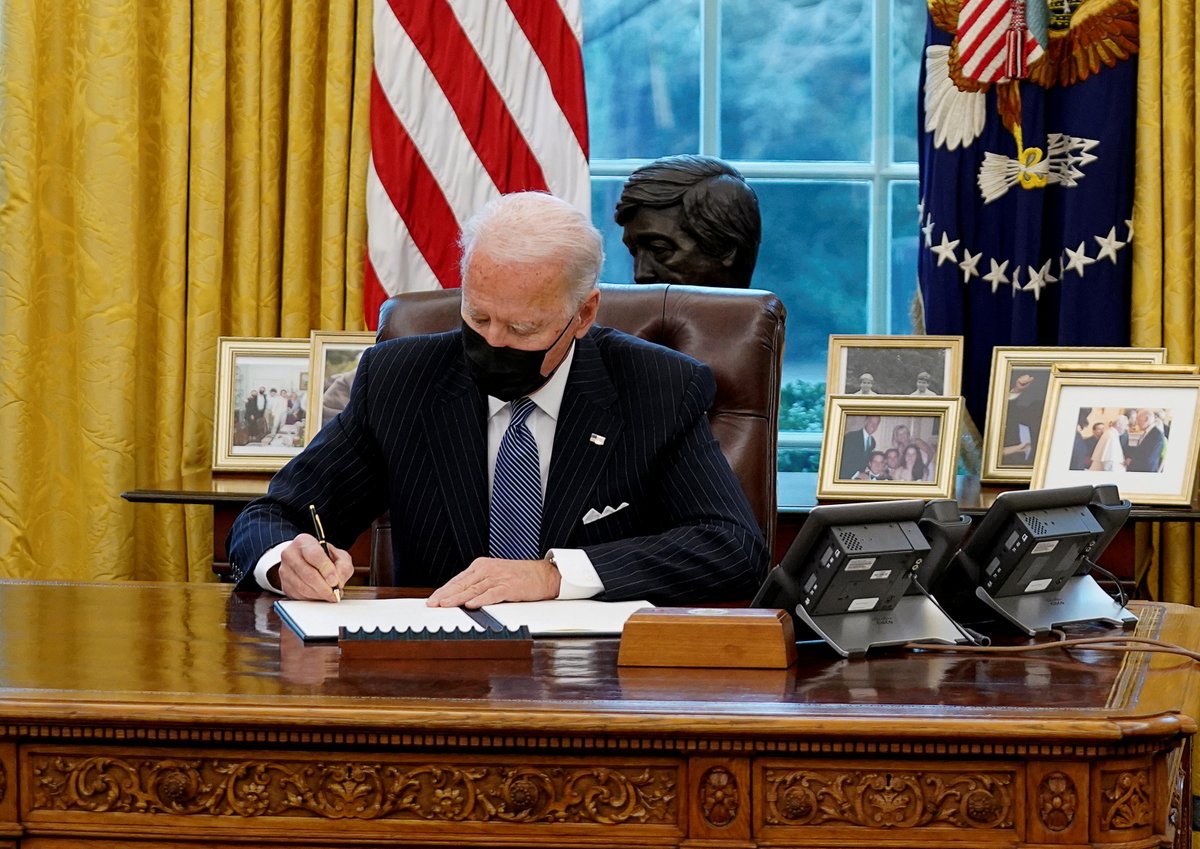 military ended today.While it was put in place by President Trump, it wasn& #39;t the first of its kind. The ban on trans participation in the military has a complex history in the US. Here& #39;s what you should know https://abs.twimg.com/emoji/v2/... draggable="false" alt="🧵" title="Thread" aria-label="Emoji: Thread">" title="The ban on new trans personnel joining the US https://abs.twimg.com/emoji/v2/... draggable="false" alt="🇺🇸" title="Flagge der Vereinigten Staaten" aria-label="Emoji: Flagge der Vereinigten Staaten"> military ended today.While it was put in place by President Trump, it wasn& #39;t the first of its kind. The ban on trans participation in the military has a complex history in the US. Here& #39;s what you should know https://abs.twimg.com/emoji/v2/... draggable="false" alt="🧵" title="Thread" aria-label="Emoji: Thread">" class="img-responsive" style="max-width:100%;"/>
military ended today.While it was put in place by President Trump, it wasn& #39;t the first of its kind. The ban on trans participation in the military has a complex history in the US. Here& #39;s what you should know https://abs.twimg.com/emoji/v2/... draggable="false" alt="🧵" title="Thread" aria-label="Emoji: Thread">" title="The ban on new trans personnel joining the US https://abs.twimg.com/emoji/v2/... draggable="false" alt="🇺🇸" title="Flagge der Vereinigten Staaten" aria-label="Emoji: Flagge der Vereinigten Staaten"> military ended today.While it was put in place by President Trump, it wasn& #39;t the first of its kind. The ban on trans participation in the military has a complex history in the US. Here& #39;s what you should know https://abs.twimg.com/emoji/v2/... draggable="false" alt="🧵" title="Thread" aria-label="Emoji: Thread">" class="img-responsive" style="max-width:100%;"/>
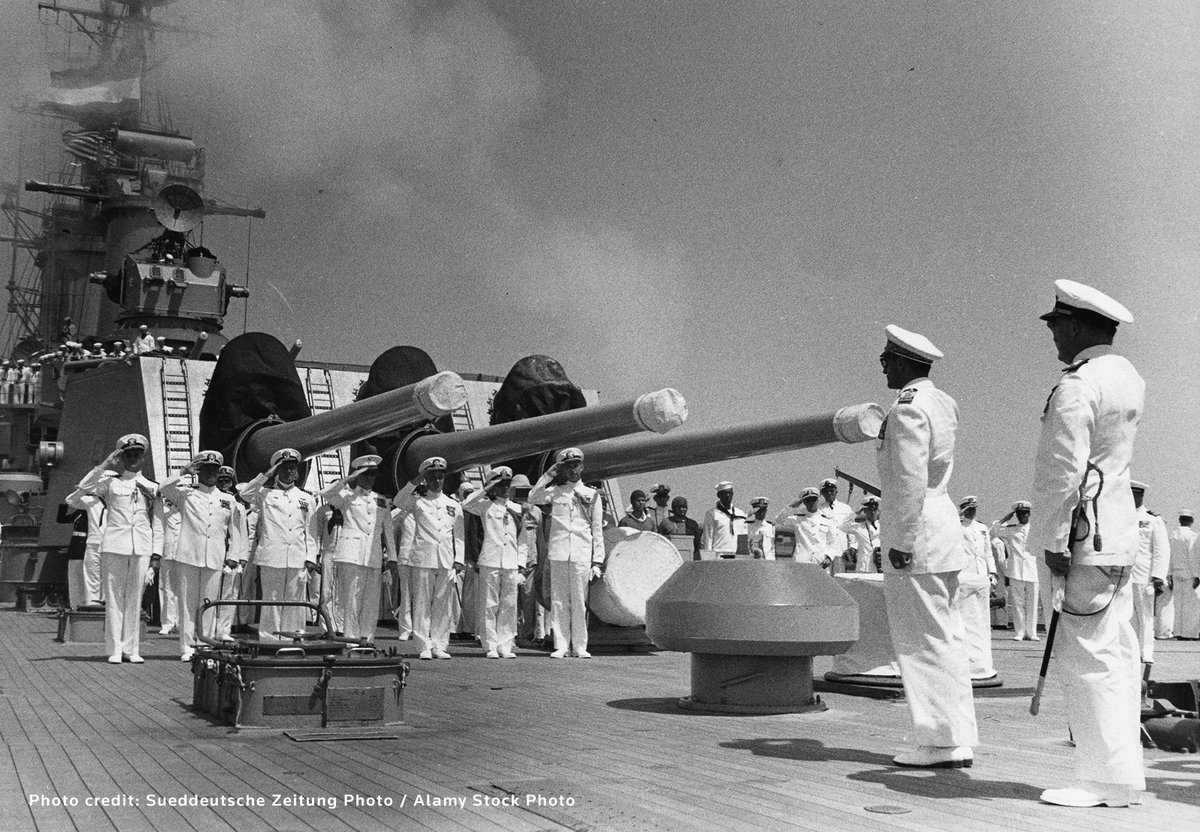
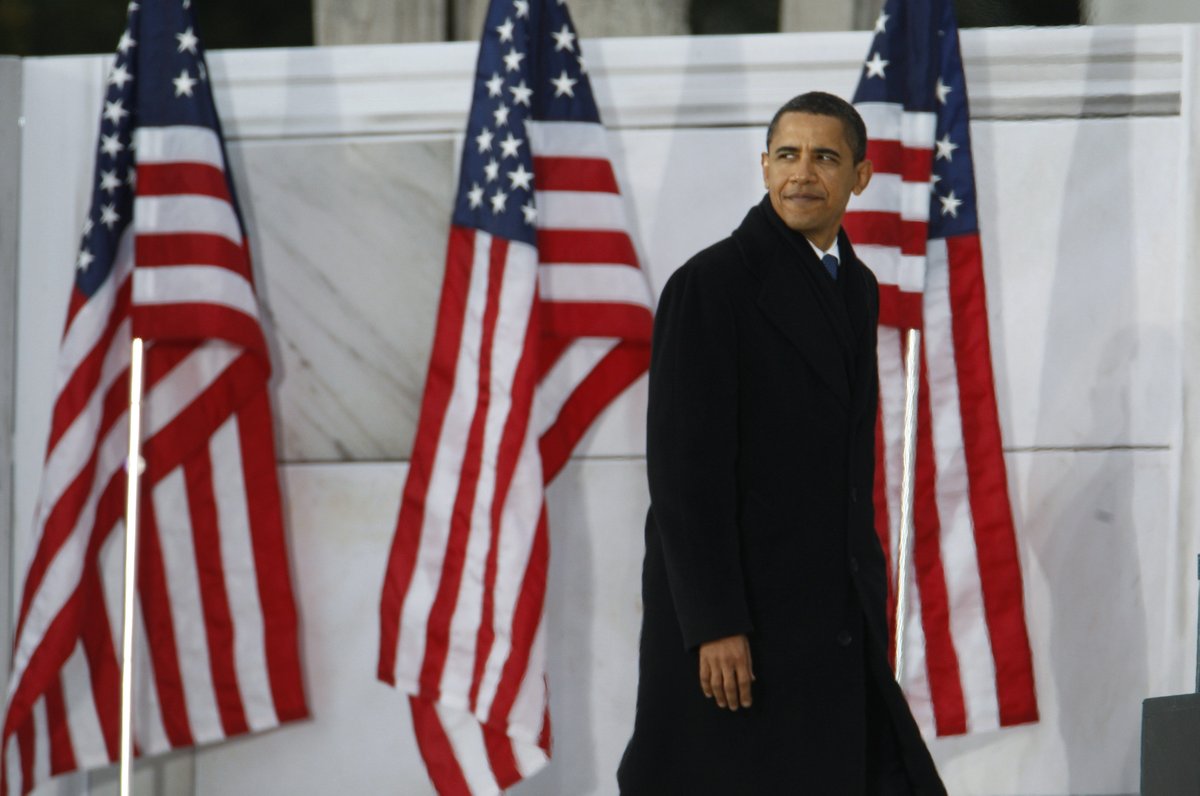
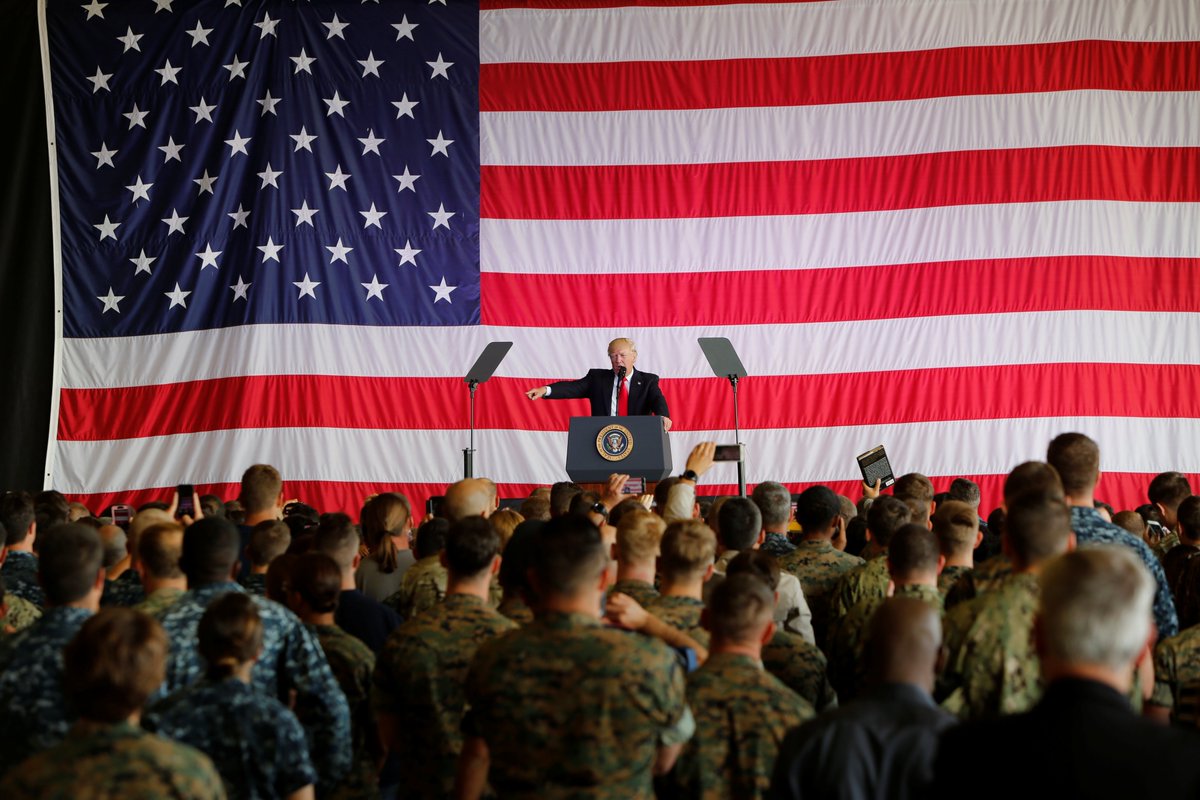
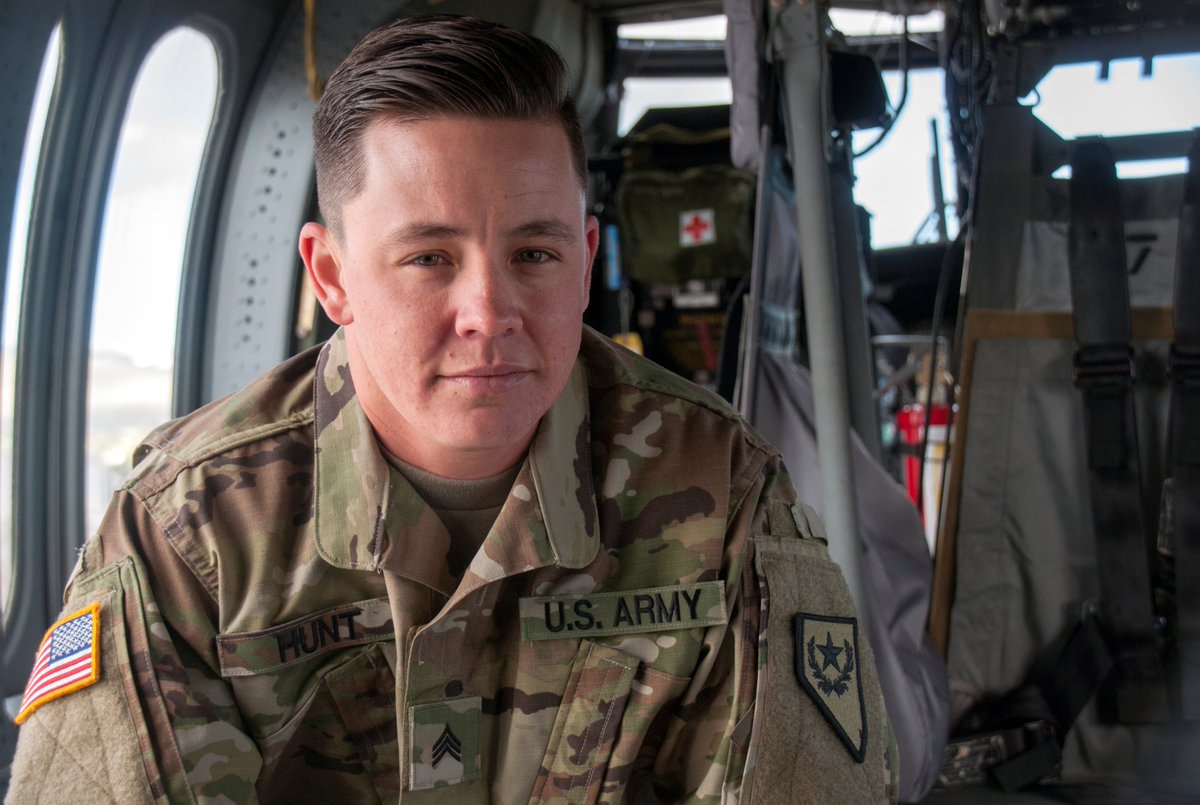 ~1,300,000: Number of active personnel serving in the US militaryhttps://abs.twimg.com/emoji/v2/... draggable="false" alt="🏳️⚧️" title="Transgender-Flagge" aria-label="Emoji: Transgender-Flagge"> ~14,700: Trans personnel in active service & reserveshttps://abs.twimg.com/emoji/v2/... draggable="false" alt="🏥" title="Krankenhaus" aria-label="Emoji: Krankenhaus"> ~2,200: Personnel who may be seeking or have had transition-related medical careSources: @ThePalmCenter, @DeptofDefense" title="First, some background:https://abs.twimg.com/emoji/v2/... draggable="false" alt="🪖" title="Military helmet" aria-label="Emoji: Military helmet"> ~1,300,000: Number of active personnel serving in the US militaryhttps://abs.twimg.com/emoji/v2/... draggable="false" alt="🏳️⚧️" title="Transgender-Flagge" aria-label="Emoji: Transgender-Flagge"> ~14,700: Trans personnel in active service & reserveshttps://abs.twimg.com/emoji/v2/... draggable="false" alt="🏥" title="Krankenhaus" aria-label="Emoji: Krankenhaus"> ~2,200: Personnel who may be seeking or have had transition-related medical careSources: @ThePalmCenter, @DeptofDefense" class="img-responsive" style="max-width:100%;"/>
~1,300,000: Number of active personnel serving in the US militaryhttps://abs.twimg.com/emoji/v2/... draggable="false" alt="🏳️⚧️" title="Transgender-Flagge" aria-label="Emoji: Transgender-Flagge"> ~14,700: Trans personnel in active service & reserveshttps://abs.twimg.com/emoji/v2/... draggable="false" alt="🏥" title="Krankenhaus" aria-label="Emoji: Krankenhaus"> ~2,200: Personnel who may be seeking or have had transition-related medical careSources: @ThePalmCenter, @DeptofDefense" title="First, some background:https://abs.twimg.com/emoji/v2/... draggable="false" alt="🪖" title="Military helmet" aria-label="Emoji: Military helmet"> ~1,300,000: Number of active personnel serving in the US militaryhttps://abs.twimg.com/emoji/v2/... draggable="false" alt="🏳️⚧️" title="Transgender-Flagge" aria-label="Emoji: Transgender-Flagge"> ~14,700: Trans personnel in active service & reserveshttps://abs.twimg.com/emoji/v2/... draggable="false" alt="🏥" title="Krankenhaus" aria-label="Emoji: Krankenhaus"> ~2,200: Personnel who may be seeking or have had transition-related medical careSources: @ThePalmCenter, @DeptofDefense" class="img-responsive" style="max-width:100%;"/>
